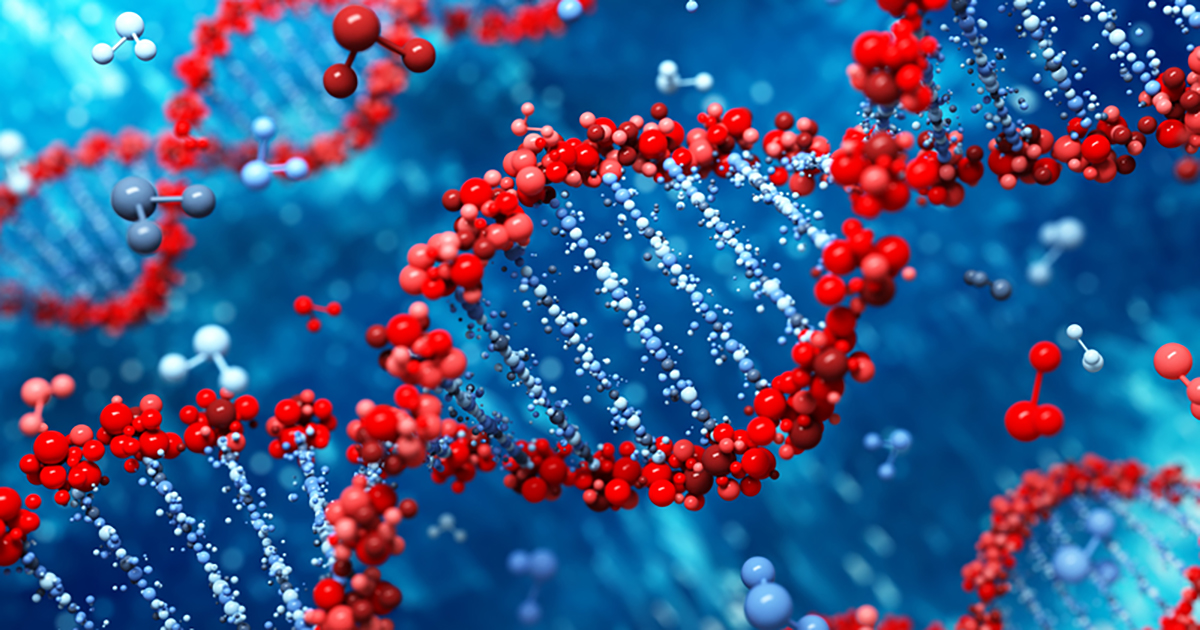Guide To The Causes And Treatments For Isaac's Syndrome
Isaacs' syndrome is a rarely-occurring neuromuscular disorder caused by continual firing and overexcitability of the peripheral nerve axons necessary to activate muscle fibers. The symptoms continue even when an individual is asleep or under general anesthesia. Typical symptoms include progressive muscle stiffness, twitching and contracting muscles, an increase in sweating, cramping, and delayed relaxation in the muscles. It's also common for individuals to experience muscle pain and weakened reflexes. The typical onset occurs between the ages of fifteen and sixty years old, though most cases develop symptoms before the patient is forty years old. There isn't a cure for the disorder, but there are treatments to help ease the symptoms, particularly when causes are considered.
Autoimmune-Related

When Isaacs' syndrome is acquired rather than hereditary, the condition is usually autoimmune-related. In autoimmune cases, the cause is usually antibodies that attack the potassium channels found in the motor nerve. There are a number of neurological conditions caused by antibodies attacking potassium channels; Isaacs' syndrome is just one of them. Studies have shown about twenty percent of individuals with acquired Isaacs' syndrome also have a tumor in their thymus gland. This tumor, called a thymoma, can interfere with autoimmune functions. An individual's thymus gland creates a variety of specialized cells that play a part in autoimmune issues. Some patients acquire the disease after they have radiation therapy or recover from an infection. In some cases, the condition occurs in conjunction with another autoimmune disease like myasthenia gravis, which leads to weakness in the skeletal muscles.
Learn more about the causes of Isaac's syndrome now.
Hereditary Connection

There is a hereditary connection with some presentations of Isaacs' syndrome. In these cases, rather than being acquired at some point in life, the condition is caused by genetics. Genes are passed from parent to child. If a patient has a family history of Isaacs' syndrome, they have a larger chance of developing the disease. Hereditary Isaacs' syndrome is significantly rarer than the acquired form of the disease. When families have shown a history of Isaacs' syndrome, there tends to be a mutation of the KCNA1 gene. However, there hasn't been conclusive research proving which genes are affected, thus it's possible additional genes play a part in the development of Isaacs' syndrome. The KCNA1 gene is part of a larger gene family that instructs the body on how to make potassium channels. The channels transport potassium out of and into the cells, helping a cell transmit and generate electrical signals. With acquired Isaacs' syndrome, the immune system attacks and destroys potassium channels. However, in hereditary Isaacs' syndrome, it's possible the KCNA1 gene's mutation causes the body to make an inadequate number of potassium channels.
Get familiar with the options for treating Isaac's syndrome now.
